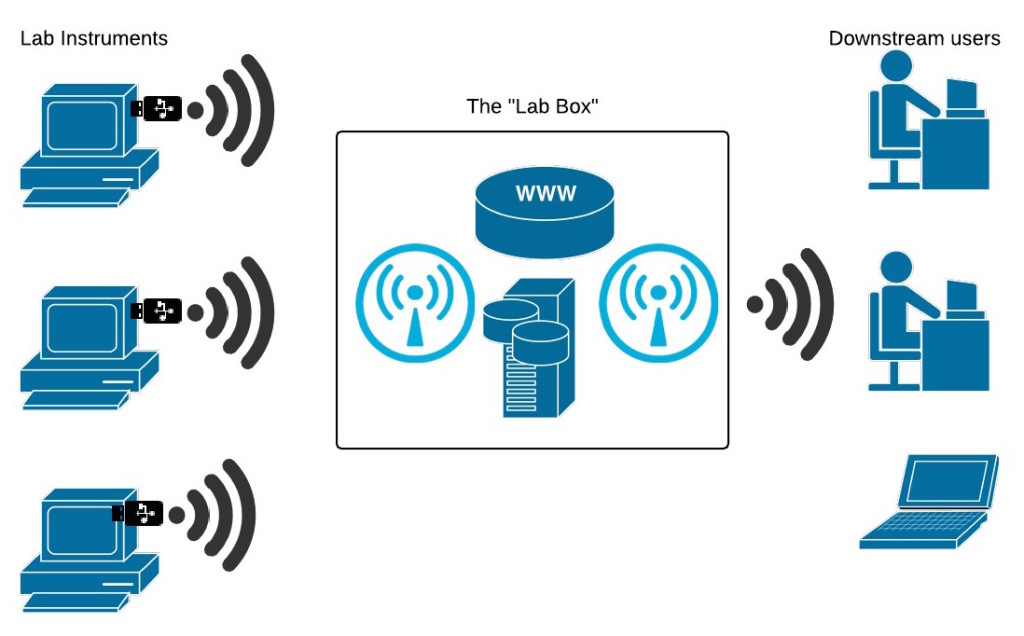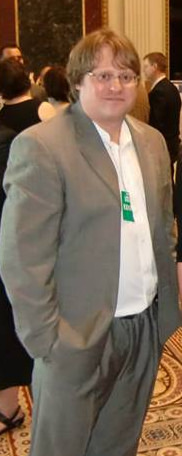
The play Arcadia by Tom Stoppard‘s links entropy and chaos theory, the history of english landscape gardens, romantic literature and idiocies of academia.

The play Arcadia by Tom Stoppard‘s links entropy and chaos theory, the history of english landscape gardens, romantic literature and idiocies of academia.

For my holiday project I’m reading through my old blog posts and trying to track the conversations that they were part of. What is shocking, but not surprising with a little thought, is how many of my current ideas seem to spring into being almost whole in single posts. And just how old some of those posts are. At the some time there is plenty of misunderstanding and rank naivety in there as well.

Many efforts at building data infrastructures for the “average researcher” have been funded, designed and in some cases even built. Most of them have limited success. Part of the problem has always been building systems that solve problems that the “average researcher” doesn’t know that they have.

I am currently on holiday. You can tell this because I’m writing, reading and otherwise doing things that I regard as fun. In particular I’ve been catching up on some reading. I’ve been meaning to read Danah Boyd‘s It’s Complicated  for some time (and you can see some of my first impressions in the previous post) but I had held off because I wanted to buy a copy. That may seem a strange statement.

It takes me a while to process things. It often then takes me longer to feel able to write about them. Two weeks ago we lost one of the true giants of Open Science. Others have written about Jean-Claude’s work and his contributions – and I don’t feel able to add much to those reflections at the moment.

Over the past few weeks there has been a sudden increase in the amount of financial data on scholarly communications in the public domain. This was triggered in large part by the Wellcome Trust releasing data on the prices paid for Article Processing Charges by the institutions it funds.

“Open source” is not a verb Nathan Yergler via John Wilbanks I often return to the question of what “Open” means and why it matters. Indeed the very first blog post I wrote focussed on questions of definition. Sometimes I return to it because people disagree with my perspective.

There have been a lot of electrons spilled over the Elsevier Acquisition of Mendeley. I don’t intend to add too much to that discussion but it has provoked for me an interesting train of thought which seems worth thinking through. For what its worth my views of the acquisition are not too dissimilar to those of Jason Hoyt and John Wilbanks, and I recommend their posts.

With major governments signalling a shift to Open Access it seems like a good time to be asking which organisations in the scholarly communications space will survive the transition. It is likely that the major current publishers will survive, although relative market share and focus is likely to change. But the biggest challenges are faced by small to medium scholarly societies that depend on journal income for their current viability.

There are two major strands to position of traditional publishers have taken in justifying the process by which they will make the, now inevitable, transition to a system supporting Open Access.